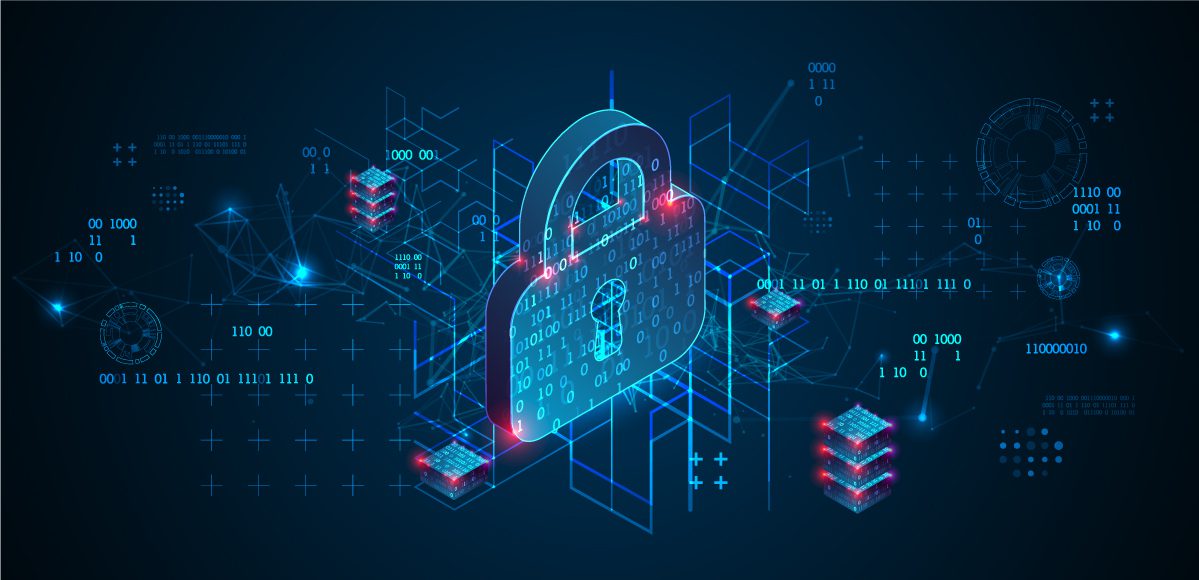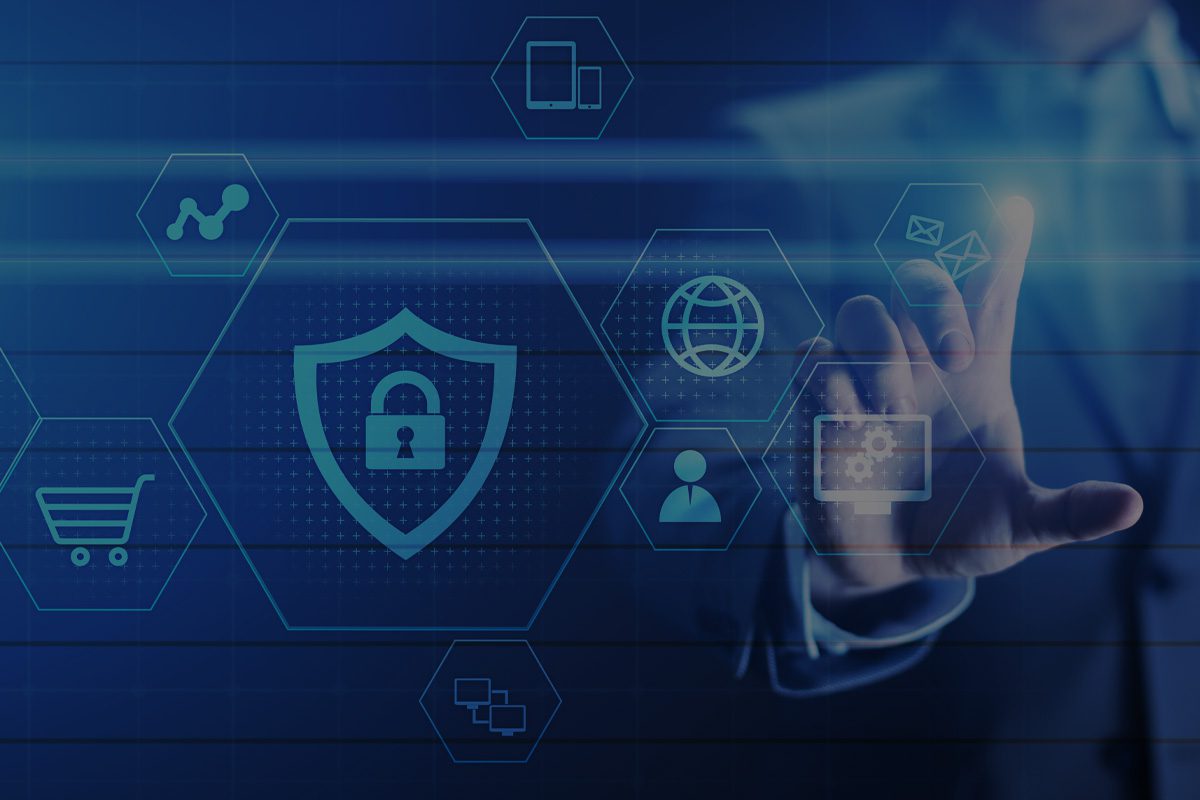By 2028, Gen AI will bridge the skills gap
Within the next four years, projections suggest that 50% of entry-level cybersecurity positions should no longer require specialist training. According to ISC2, there was a four million person shortage worldwide last year, with 62% of cybersecurity teams claiming to be understaffed. With the increasing usage of GenAI, executives should be able to hire based on talent rather than experience or training, allocate more funds, and concentrate on filling important cyber posts.
By 2026, 40% of cybersecurity issues caused by employees
Businesses should be able to provide training that takes into account the unique qualities of each employee thanks to GenAI’s ability to deliver “hyper-personalized” information and resources. Enhanced security and a more knowledgeable and involved staff with cyber awareness are the results of this.
75% of firms won’t include old, cyber-physical infrastructure
Businesses will have to make difficult decisions if they want to grant users and endpoints the minimal access required to carry out their tasks, all the while keeping the ability to continuously monitor behavior and the flexibility to respond to evolving threat vectors.
$500 billion to fight false information
GenAI’s ascent is bidirectional. Leaders may find it useful in securing their businesses, but it also creates a plethora of new assault vectors and tactics. The convergence of artificial intelligence (AI), analytics, behavioral science, social media, Internet of Things, and other technologies, which empowers malicious actors to produce and disseminate extremely efficient, mass-customized misinformation.
It projects that within the next four years, combating this trend will account for more than half of marketing and cybersecurity spending. To prevent external threats and increase resilience, this will necessitate fine-tuning roles, technologies, and procedures as well as a wider usage of “chaos engineering.”
30% of App Security Redefined
Due to the enormous volume of applications that developers and delivery teams currently produce, there are more exposures and possible sites of attack than specialized application security teams are able to handle on their own.
Application security will no longer be the only domain of the security function as 30% of cybersecurity roles redesign it by 2027. Cybersecurity functions need to close the gap by developing minimal effective expertise in these teams. They will do this by generating only the minimum amount of competence necessary for these teams to make autonomously informed judgments about cyber risk, using a combination of technology and training.
Five Reasons SMBs Should Invest in SOC
- 24/7 Monitoring and Response: A SOC provides continuous monitoring of your IT environment, ensuring that any suspicious activity is detected and addressed promptly. This around-the-clock protection is essential for SMBs that may not have the resources to monitor their systems constantly.
- Enhanced Threat Detection: SOC analysts are trained to identify and respond to a wide range of cyber threats, including malware, phishing attacks, and insider threats. Their expertise and the use of advanced threat detection tools enable them to detect and respond to threats quickly and effectively.
- Incident Response Capabilities: In the event of a cybersecurity incident, a SOC can quickly mobilize its incident response team to contain the threat and mitigate its impact. This rapid response can help minimize downtime and reduce the potential damage to your business.
- Compliance and Regulatory Requirements: Many industries have strict compliance and regulatory requirements regarding data protection and cybersecurity. A SOC can help ensure that your organization meets these requirements by implementing the necessary security measures and providing documentation of compliance efforts.
- Cost-Effectiveness: While setting up an in-house SOC can be costly, many SMBs opt for SOC-as-a-Service offerings, which provide all the benefits of a SOC without the high upfront costs. These services are scalable and can be tailored to meet the specific needs of your business.
Security Operations Center is an asset for SMBs looking to enhance their cybersecurity posture. At Alliant Cybersecurity, our expert team leverages advanced tools and techniques to safeguard your organization’s cybersecurity. Understanding the unique needs and budget constraints of SMBs, we tailor our managed cyber services to fit your requirements. Our offerings include continuous network monitoring, vulnerability assessments, penetration testing, and customized advisory consultations, ensuring your defenses are robust and up to date.
Connect with us for a free cybersecurity consultation.



